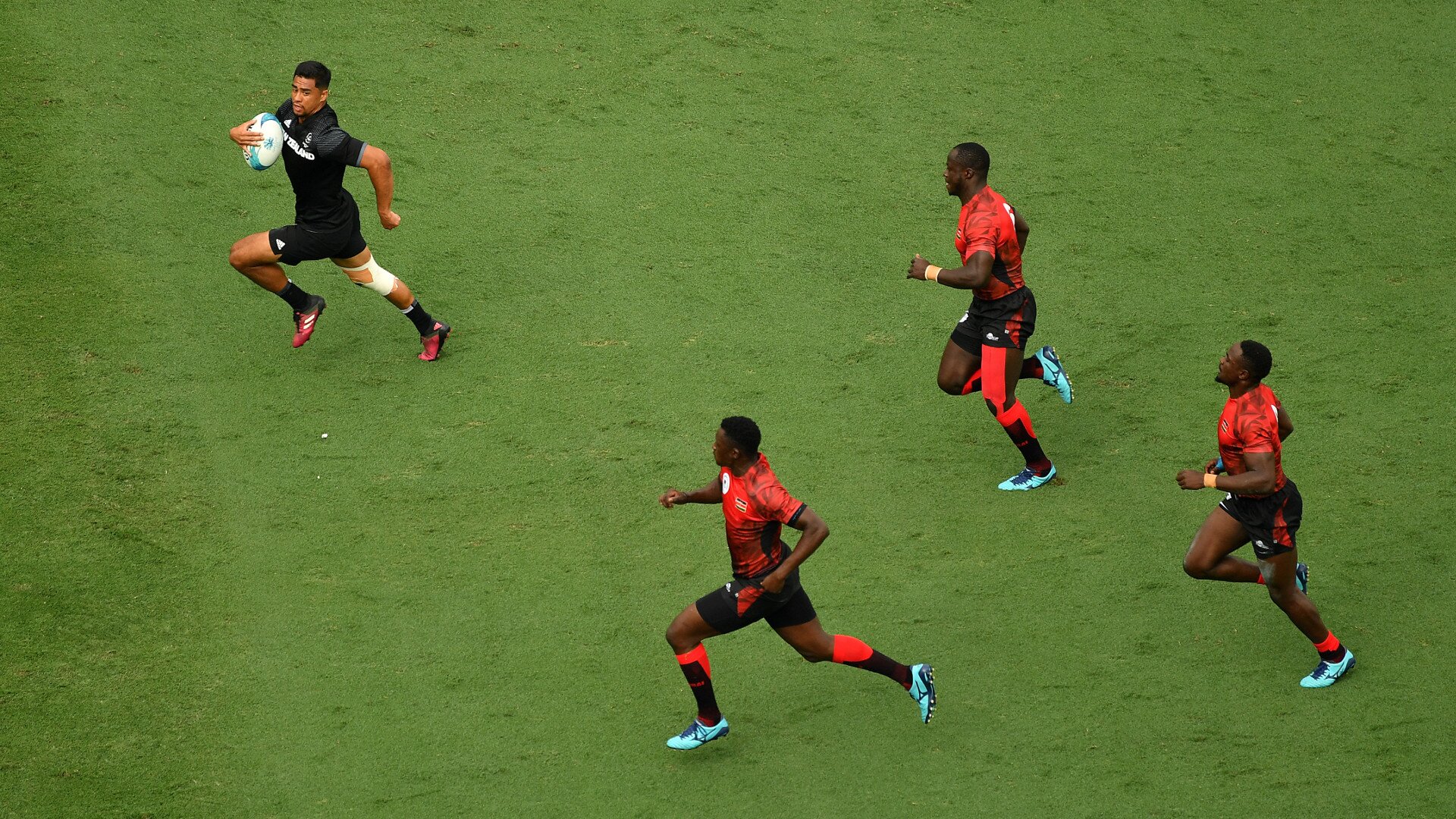A number of Kenyan Sevens players are boycotting their union

Kenya’s top sevens players are being asked to take a 50 per cent cut in their contracts as their cash strapped rugby union faces serious financial problems.
The pay dispute has resulted in several top players rejecting contracts and they have been boycotting training and the squad could be seriously depleted for the HSBC World Sevens Series events in Hamilton later this month and Sydney at the start of February.
Salary structure changes have resulted in reduced pay offers to players, and they are reported to have been offered nearly half of what they have received in the past. Senior players, who used to earn between Sh170,000 (£1300)and Sh145,000(£1100) last season, want the union to uphold the same structure for the 2018/2018 season.
The Kenya Rugby Union (KRU) has adopted a lower salary structure with senior players offered Sh100,000(£770) and below.
Players thought to be involved in the boycott include: Collins Injera, the second-highest try scorer win World Series history, former captain Andrew Amonde, William ‘Lomu’ Ambaka, Samuel Oliech and Nelson Oyoo.
Players who took part in the Dubai and Cape Town legs of the World Series this season, including captain Eden Agero, have also boycotted training.
Should the dispute be settled before the Hamilton leg there was no guarantee absent players would be included in the squad.
Coach Paul Murunga told Kenya’s Capital Sport that he was concentrating on training the younger players remaining in the squad and said: “I am disappointed, of course, but I have no control over it.
“If they get to agree then we will welcome them into the team but as for now as a coach I can only work with the guys coming for training. As times go, the junior players will get better.
“If they were there and if we started with them it would have been better. But now we have to manage with the younger players and give them confidence as we go on.”
KRU’s acting CEO Sylvia Kamau said: “We don’t can’t give salaries and big promises that we won’t meet but at the same time, we still want these players. It’s a catch-22 situation for us.”














































